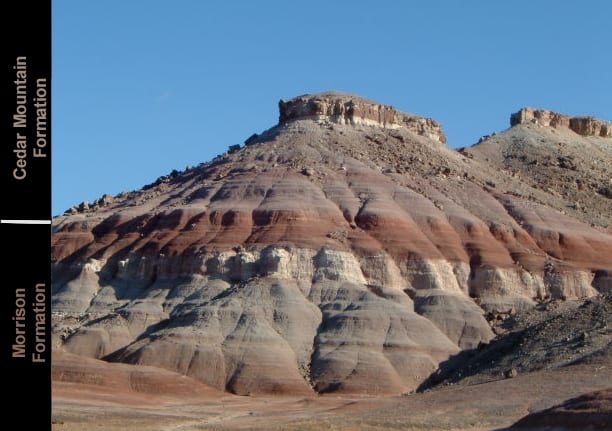
(Wikimedia Commons public domain photo)
“Scientists Are All Abuzz over This Rare Prehistoric Bug Fossil Found in Utah”
If the paleontologists continue their labors, I’ll soon be the only fossil left in Utah that isn’t housed in a museum.
***
From Scientific American: Christof Koch, “What Near-Death Experiences Reveal about the Brain: A close brush can leave a lasting mental legacy—and may tell us about how the mind functions under extreme conditions”
Dr. Koch takes a predictably naturalistic approach to the subject, of course. Significantly, though, he acknowledges that his naturalism is a working “hypothesis,” and that applying that hypothesis in this area remains a “challenge.” Moreover, he doesn’t attempt to dismiss the legitimacy of NDE reports altogether, as some reflexively do:
NDEs are not fancy flights of the imagination. . . .
I accept the reality of these intensely felt experiences. They are as authentic as any other subjective feeling or perception. As a scientist, however, I operate under the hypothesis that all our thoughts, memories, percepts and experiences are an ineluctable consequence of the natural causal powers of our brain rather than of any supernatural ones. That premise has served science and its handmaiden, technology, extremely well over the past few centuries. Unless there is extraordinary, compelling, objective evidence to the contrary, I see no reason to abandon this assumption.
The challenge, then, is to explain NDEs within a natural framework.
In my own not entirely uninformed opinion, explaining some reports of near-death experiences and, specifically, some out-of-body experiences on the basis of mind-brain identity is virtually impossible. I don’t believe that it can be done. In fact, I would say that there is “extraordinary, compelling, objective evidence to the contrary” that provides powerful “reason to abandon this assumption.” But Dr. Koch correctly advises his Scientific American audience (who are probably more disposed than average members of the population to reject outright any form of mind-brain dualism) that
It must be remembered that NDEs have been with us at all times in all cultures and in all people, young and old, devout and skeptical (think, for instance, of the so-called Tibetan Book of the Dead, which describes the mind before and after death). To those raised in religious traditions, Christian or otherwise, the most obvious explanation is that they were granted a vision of heaven or hell, of what awaits them in the hereafter. Interestingly, NDEs are no more likely to occur in devout believers than in secular or nonpracticing subjects.












